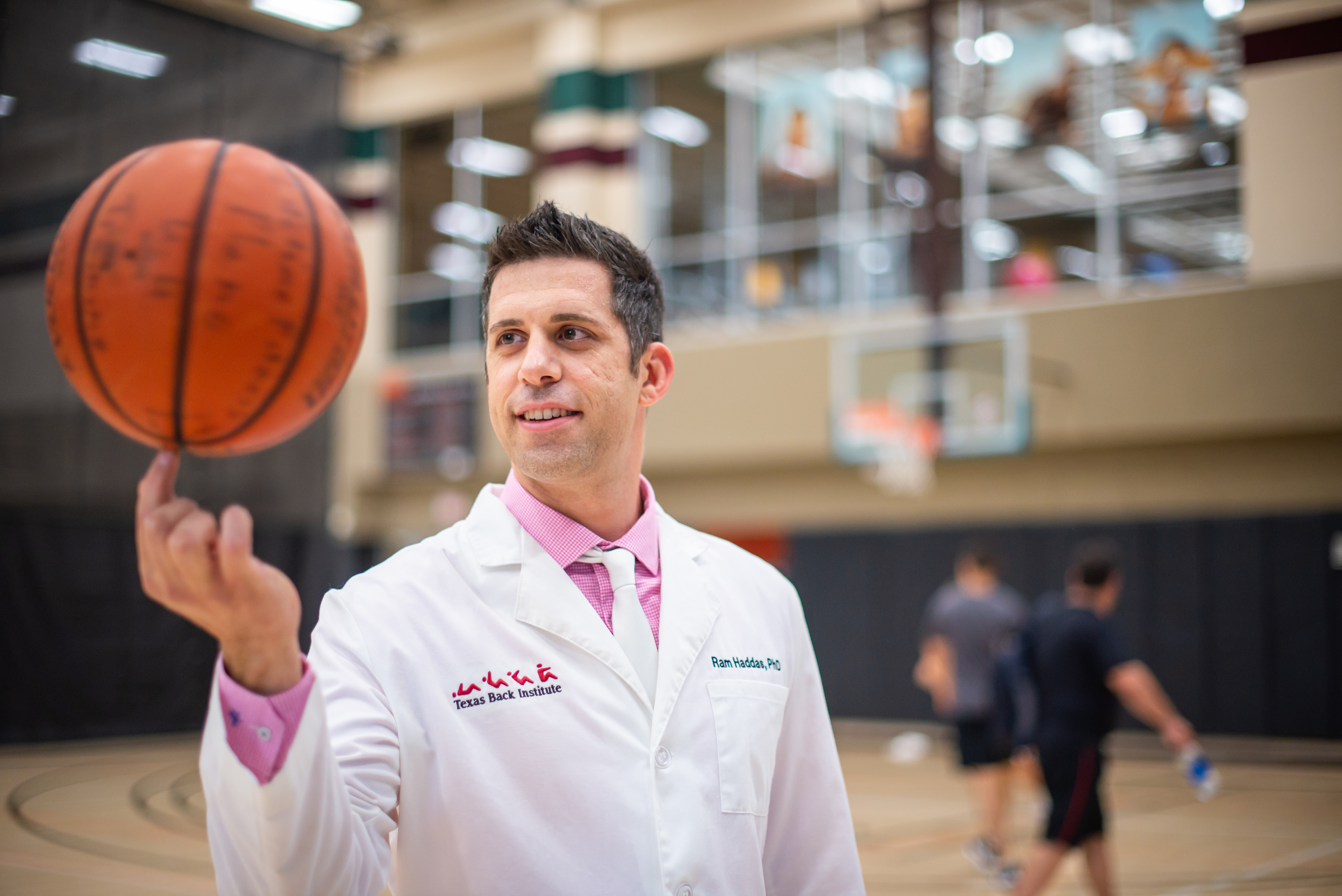 Ram Haddas, PhD, Director of Research at Texas Back Institute in Plano, discusses the biggest trends and opportunities in spinal biomechanics research today.
Ram Haddas, PhD, Director of Research at Texas Back Institute in Plano, discusses the biggest trends and opportunities in spinal biomechanics research today.
Dr. Haddas was recently named to the inaugural "20 Under 40" list by the North American Spine Society's publication, SpineLine.
Question: What are the big trends in spinal biomechanics today? How does that inform your research?
Dr. Ram Haddas: The biggest trend in spinal biomechanics involves the application of in vivo research. In vitro and animal research projects are very important, but the missing piece is in vivo research. Spine care providers are seeking objective functional information regarding their patients after a specific treatment/intervention. Many questions will be answered based on the data form the Texas Back Institute Spine Biomechanics Laboratory, which represents a paradigm shift on how spine surgeons can now focus on function (objective) as well as pain (subjective). In vivo research using gait and functional analysis along with neuromuscular analysis can and will help answer all these questions.
Q: What are you most excited about in spinal biomechanics? Where do you see the best opportunity for future research?
RH: Clinical evaluations and surgical decision making are based predominantly on static imaging and patient-reported outcomes. Patient-reported outcomes despite being self-reported are still quite subjective. Likewise, imaging measurements can be very powerful, however they are based on static positions. The dynamic aspects of balance and function are missing. These dynamic assessments are crucial in the management of spinal disorders as they provide the best opportunity for future research.
Q: Where do you see your career evolving in the next 5 years?
RH: I plan to continue evaluating an objective neuromuscular and functional outcome metric post spinal surgery. I am confident that gait and functional analysis will become the standard of care as insurance companies gain awareness. This will result in more spine care providers relying on this tool as part of their routine clinical evaluation and decision making. My aspirations are to keep leading the Texas Back Institute to the next level of research by utilizing all available resources so that we may disseminate this information at the international level.
Learn more about the big trends in spine at the Becker's 17th Annual Future of Spine + Spine, Orthopedic & Pain Management-Driven ASC Conference in Chicago, June 13-15, 2019. Click here
To participate in future Becker's Q&As, contact Laura at ldyrda@beckershealthcare.com.


